Hey, you! Ever wonder what happens if PTSD is left untreated? I mean, really thought about it? It’s one of those things that can feel overwhelming to even consider, especially if you or someone you love is wrestling with it. PTSD—post-traumatic stress disorder—can sneak into your life after something awful, like a car crash, losing someone suddenly, or surviving a disaster. It’s like your brain hits the panic button and forgets how to turn it off. And if you don’t deal with it? Well, it’s not just a little rain cloud over your head—it can turn into a full-on storm that affects everything. So, grab a cup of coffee (or tea, if that’s your vibe), and let’s chat about what untreated PTSD can do to your mind, body, relationships, and even the people around you. Plus, we’ll talk about why getting help matters and what’s out there to make things better. Ready? Let’s dive in.
When Your Mind Won’t Let Go: Mental Health Struggles
Alright, let’s start with your headspace, because that’s where PTSD likes to set up camp. Picture this: you’re trying to get through your day—maybe picking up groceries or binge-watching your favorite show—but out of nowhere, bam, you’re back in that awful moment. A sound, a smell, even a random thought triggers it, and suddenly you’re reliving the trauma like it’s happening all over again. That’s what flashbacks are like, and if PTSD goes untreated, they don’t just pop in for a quick visit—they move in permanently.
It’s exhausting, right? Your brain’s stuck on high alert, and those nightmares? They’re not helping either. You might wake up in a cold sweat, heart pounding, wondering if you’ll ever sleep peacefully again. According to the Mayo Clinic, these symptoms—flashbacks, nightmares, that jumpy feeling—can get worse over time without help. It’s like your mind’s shouting, “Danger!” even when you’re safe at home with a bowl of popcorn.
But here’s where it gets heavier. Untreated PTSD can open the door to other stuff, like depression or anxiety. A study from the National Center for Biotechnology Information says people with PTSD are twice as likely to end up depressed. Twice! That’s not just a bad day—that’s a whole cloud of gloom following you around. And sometimes, when it all feels like too much, folks might reach for a drink or something stronger to numb it. I get it—it’s tempting to quiet the noise—but that can spiral into substance abuse, which is like tossing fuel on an already roaring fire.
And I hate to say it, but there’s a darker side too. Untreated PTSD can make you feel so trapped that suicidal thoughts creep in. I’ve had friends who’ve been there, and it breaks my heart every time. If that’s you right now, please hear me: you’re not alone, and there’s help waiting. We’ll talk more about that soon, I promise.
Your Body Takes a Hit Too: Physical Fallout
Okay, so PTSD isn’t just a mind game—it’s a full-body experience. Ever notice how stress can make you feel physically off? Like your shoulders are tight or your stomach’s in knots? With untreated PTSD, that’s cranked up to eleven. Your body’s stuck in “fight or flight” mode, pumping out stress hormones like cortisol 24/7. It’s like your system’s running a marathon it didn’t sign up for.
What does that look like? Chronic pain, for one. Maybe your back aches all the time, or you’ve got headaches that won’t quit. It’s your body saying, “Hey, I’m tired of being on edge!” According to HealthMatch, that constant stress can even mess with your heart—raising your risk for things like high blood pressure or heart disease. Your ticker’s working overtime, and it’s not happy about it.
Then there’s your immune system. All that stress wears it down, so you’re catching colds left and right or just feeling run-down. And sleep? Oh man, sleep becomes this elusive dream—pun totally intended. Nightmares keep you up, or you’re too wired to even close your eyes. It’s like your body’s fighting a battle it can’t win, and the exhaustion is real.
I remember a buddy of mine who went through this—he’d joke about being “too tired to be tired,” but you could see it in his eyes. That’s what untreated PTSD can do. It’s not just in your head; it’s in every muscle, every heartbeat.
Daily Life and Relationships? Yeah, They Suffer Too
Now, let’s talk about how this spills into your everyday world. You know those days when you just can’t get it together? With untreated PTSD, that can become your new normal. Holding down a job gets tricky when you’re jumpy or zoned out from a flashback. According to Sabino Recovery, it’s not uncommon to miss work or even lose a gig because the symptoms are so overwhelming. It’s like trying to run a race with a backpack full of bricks.
And relationships—whew, that’s a big one. Have you ever felt like you’re on a different planet from everyone else? Untreated PTSD can build this invisible wall between you and the people you love. Maybe you snap at your partner over something small, or you stop calling your friends because explaining yourself feels impossible. I’ve seen it happen—someone I care about pulled away, and it was like watching them fade behind a fog. You might not mean to, but you isolate yourself, and it hurts everyone.
Financially, it’s no picnic either. Missed workdays pile up, or maybe you’re spending cash on quick fixes like booze or cigarettes to cope. It’s a domino effect—one struggle knocks over the next, and suddenly you’re wondering how it got this bad.
Other Mental Health Stuff Can Sneak In
Here’s something wild: untreated PTSD doesn’t just sit there—it can invite other mental health issues to the party. Ever heard someone ask, “Does trauma cause OCD?” Well, it’s not a straight line, but there’s a connection. According to PTSD UK, about 30% of folks with PTSD end up with OCD too. It’s like your brain’s trying to control something—anything—after the chaos of trauma. So you’re checking the stove fifty times or washing your hands until they’re raw. It’s exhausting and frustrating all at once.
That’s not all, though. Stuff like substance use disorders or even personality shifts can creep in. It’s like PTSD is this unwanted houseguest that keeps letting in more trouble. But knowing this can be a wake-up call, right? A nudge to say, “Hey, let’s deal with this before it gets bigger.”
The Ripple Effect: Your Loved Ones Feel It Too
PTSD isn’t a solo act—it pulls your loved ones into the spotlight too. Imagine your partner tiptoeing around, scared to set off a trigger, or your kids wondering why you’re so quiet lately. It’s tough. According to Animosano Psychiatry, it can lead to caregiver burnout—your family wants to help, but they’re burning out trying to figure out how.
I’ve been on the other side of this, watching someone I love wrestle with it. You feel helpless, like you’re shouting into a void. They might pull away, and you’re left wondering what you did wrong. It’s a ripple effect—your struggle becomes their struggle, and it’s heartbreaking. But it doesn’t have to stay that way.
Why Getting Help Is a Game-Changer
Okay, enough gloom—let’s flip the script. Here’s the good stuff: seeking help can turn this whole thing around. Seriously, the sooner you start, the better it gets. According to Honey Lake Clinic, jumping in early can stop symptoms from snowballing and cut the risk of extra mental health baggage. That’s a win, right?
So, what’s out there? Therapy’s a big one—stuff like cognitive behavioral therapy (CBT) can help you rewire those scary thoughts. It’s like giving your brain a new map to follow. Medications, like SSRIs, can ease the anxiety and depression too. But here’s something cool: there are newer options popping up, like ketamine therapy. Yep, ketamine! A study from PMC says it can zap PTSD symptoms fast, especially alongside therapy. It’s even being explored for stuff like chronic fatigue—think “ketamine for chronic fatigue” vibes—which sometimes tags along with PTSD. Not a cure-all, but it’s exciting to see science stepping up.
I’ve heard stories that’ll give you chills—in a good way. People who thought they’d never smile again are out there living their lives, thanks to treatment. It’s not a straight line, and it takes guts, but it’s so worth it. If you’re on the fence, let me nudge you: you deserve to feel good again. What do you say—ready to give it a shot?
Wrapping It Up: You’ve Got This
So, what happens if PTSD is left untreated? It’s a lot—worse mental health, physical wear and tear, shaky relationships, even a higher chance of stuff like OCD crashing the party. It’s like a storm that keeps growing if you don’t batten down the hatches. But here’s the truth: you don’t have to weather it alone. There’s help out there—therapy, meds, even cutting-edge stuff like ketamine therapy—and it works.
If you’re struggling, or if someone you love is, don’t wait. Reach out to a pro, check out resources like PTSD UK, or just talk to someone who gets it. You’re stronger than you think, and there’s light at the end of this tunnel. Got questions? Stories to share? Drop them below—I’d love to hear from you. We’re in this together, okay?

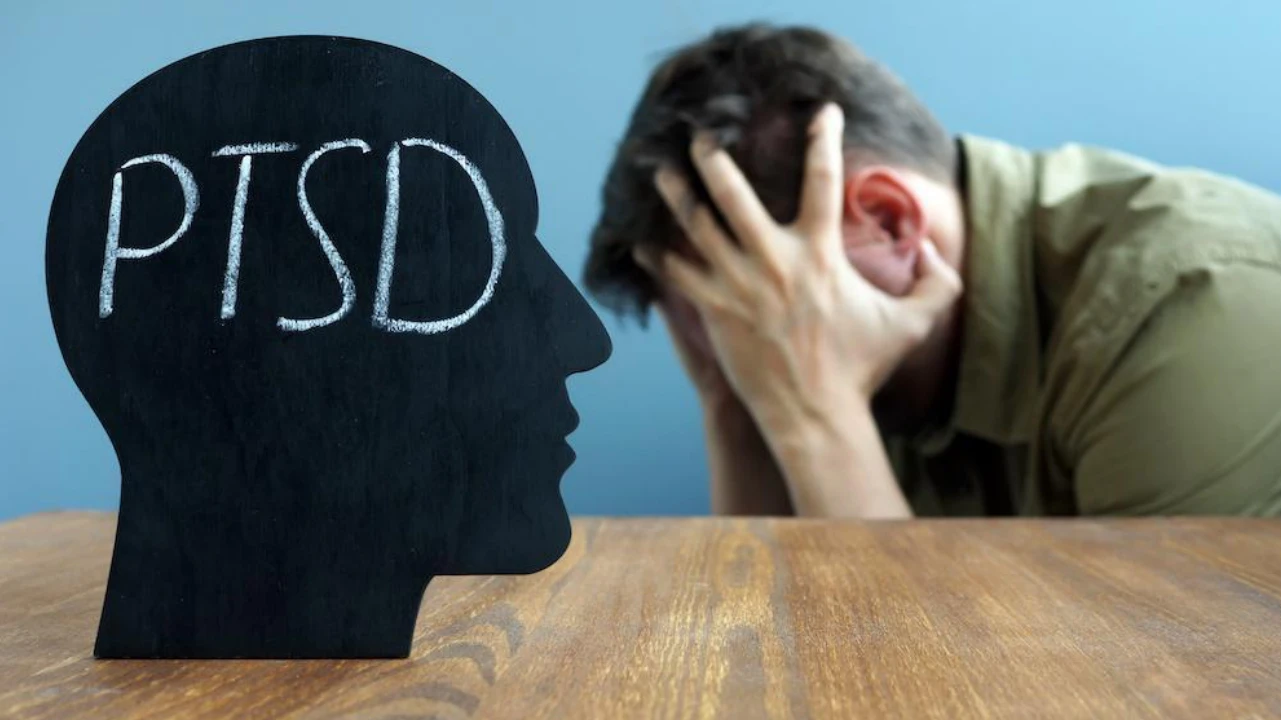

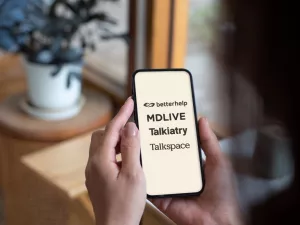


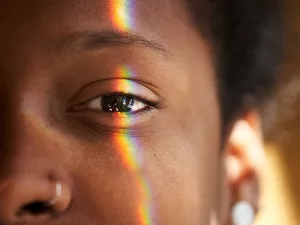
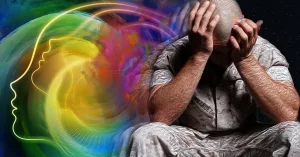
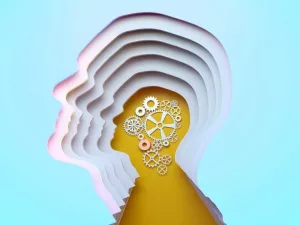
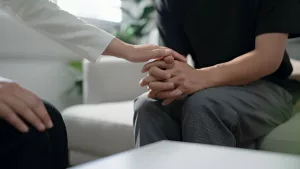





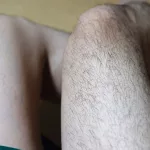








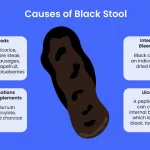
Leave a Reply
You must be logged in to post a comment.